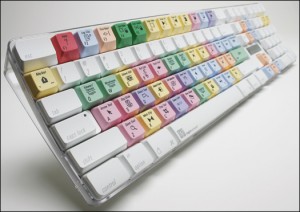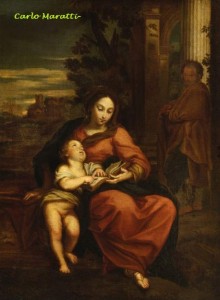Podcasting 360
Podcasting and Foreign Languages is a marriage made in heaven. The reasons are easy to understand and assess. All the resources below are applicable to any discipline.
Class Pedagogy and Methodology
The current methodology calls for the target language (L2) to be spoken at all times to allow students to learn the language inductively, through repetitions and drills.
Challenge: time constraints, the class only meets twice a week and it doesn’t allow for a consistent exposure to the language.
The Solution: create a series of podcasts to extend the exposure of the language 24/7. Students can listen and review on their own time and maximize language exposure. Podcasts also create motivation and interest for subject.
The implementation: I created for all of the Italian sections at BCC a podcasting hosting site through the ePortfolio digication platform. I sent the link to all of the part-time instructors that teach Italian at my college, for a total of 14 sections per semester (SP 11)
Advantage: it allows me to share all of my work with all students who take Italian, not just the ones that take my sections.
Organization of site: rationale for general assessment: http://bcc-cuny.digication.com/italianpod2/General_Edu
Criteria for podcasting evaluation, http://bcc-cuny.digication.com/italianpod2/Evaluation_of_oral_competency_Rubrics
Italian language podcasts available on the web: from youtube to teachertube and Vimeo, etc.
Division of podcasts for level (Italian 11 and 12). A combination of audio, video and tutorials. You can see some examples on my eportfolio.
http://bcc-cuny.digication.com/italianpod2/Welcome/published
Software to create podcasts, and screencasts that I currently use and that are fee on the web are. These are my recommendation based on personal use:
Jing – allows for storage and to share and embed links, but you can only record for a total of 5 minutes
Sketchcast:an easy tool that you and your students can use. It is not so intuitive to use at first, ok quality of the podcasts produced. A good starting tool.
Audacity: free, easy to use, high quality recording, only small problem you have be download a separate file and embed it into the program to create mp3 files.
Camstudio: produces good quality video podcasts, but if you make a mistake you have to do the whole things over. Does not allow you to edit the audio.
Windows MovieMaker: good quality videos with narration, you can record directly within the program, but if you want to transform ppp presentations into a movie you first have to take a photo of each slide. Only allows for one track for sound.
Show Beyond: a nice way to add narrations to your photos or documents. Very good quality, you can also add captions and audio to each photo. Perfect tool to allow students to create their own podcasts.
 Photo: Giuseppe Arcimboldo (1527-1593), Vertumnus, a portrait of Rudolf II.
Photo: Giuseppe Arcimboldo (1527-1593), Vertumnus, a portrait of Rudolf II.




